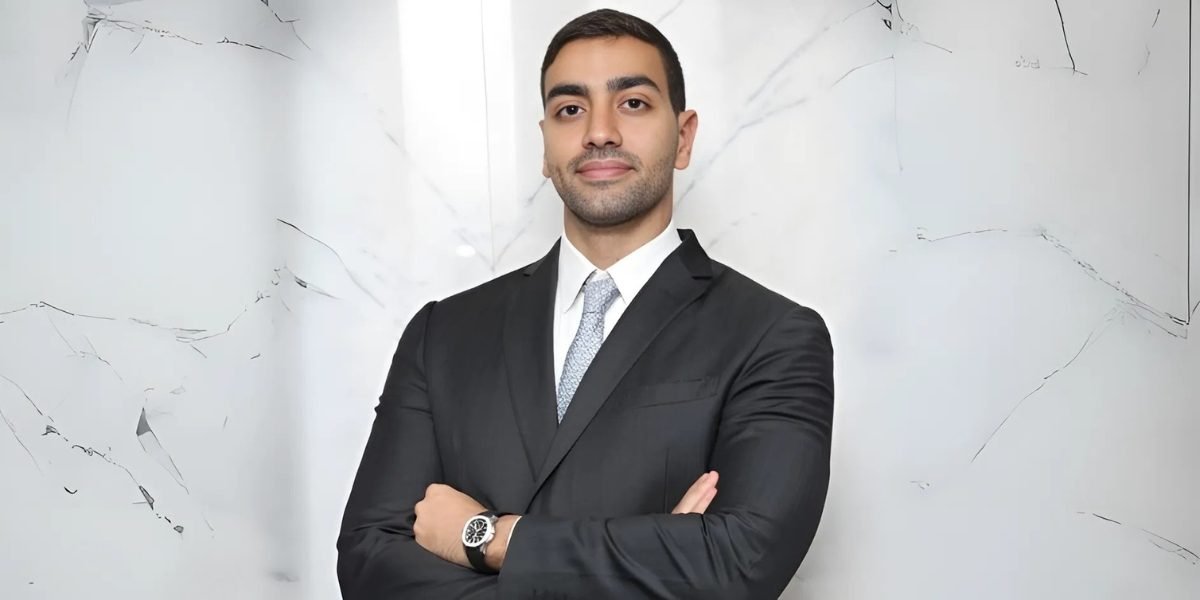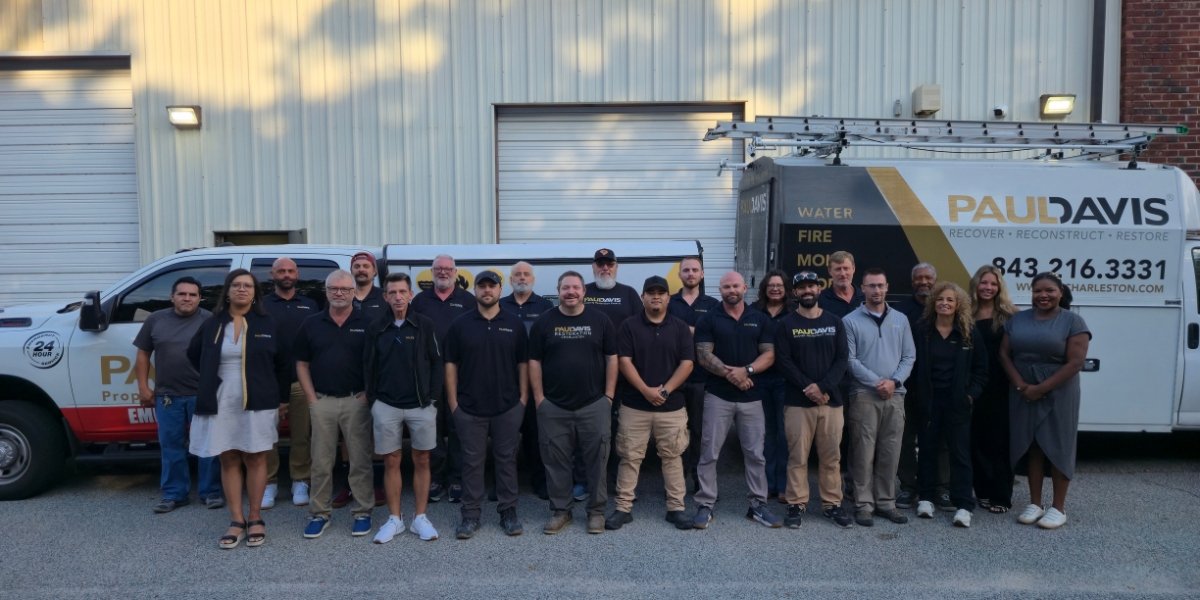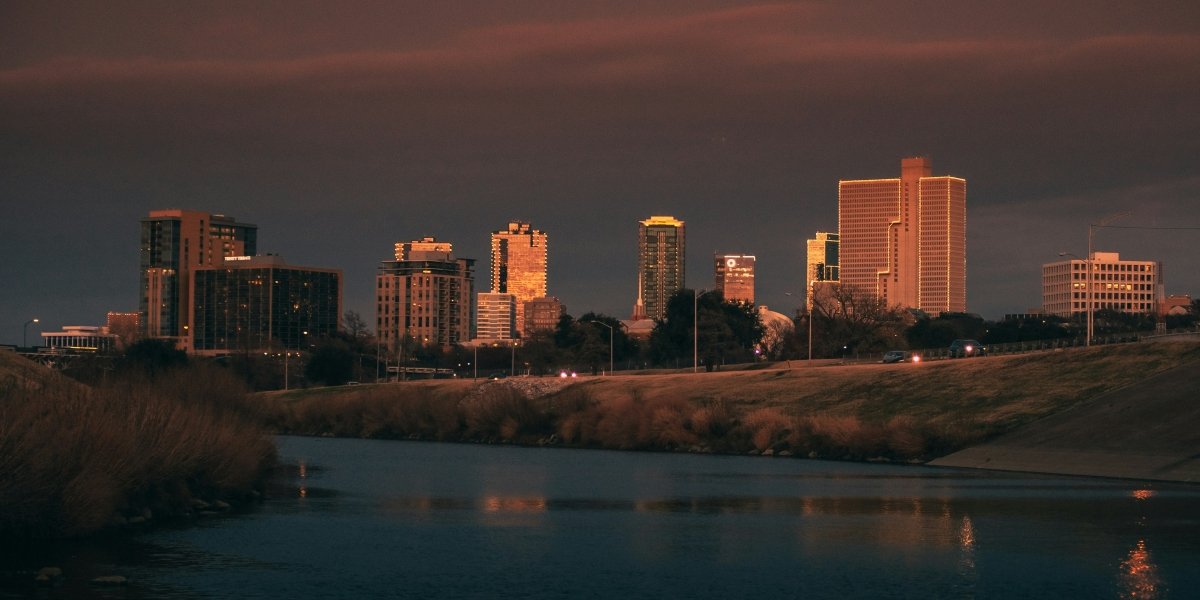Few have a steady hand in real estate, where variation tends to dictate the pace of progress. Market cycles pass in and out of existence, governed by interest rates, geopolitical events, and consumer attitudes. Under such precarious conditions, long-term success hinges on seeing the right opportunities arise and reducing risk ahead of time. Here, a thoughtful asset positioning strategy is more highly prized than untethered capital or reckless growth.
Zanzibar, commonly associated with its heritage and beach tourism, has witnessed increased high-end real estate activity in the last decade. Much of that spurt is traced to investment choices bridging global capital with regional development. In this context, the evolution of organized models for development customized for East African markets reveals how investment in high-end real estate has turned global, diversified, and systematic.
Samuel Saba, via Infinity Group and subsidiary Infinity Developments, has approached this landscape in a layered manner. Instead of merely profiting from increased property value, he has targeted establishing investments that combine high-end hospitality with wider economic benefits. Infinity Hills, a mixed-use development, and the Anantara Zanzibar Resort & Residences are two case studies in this approach. Both have been formulated to appeal to a mix of foreign capital and local consumer demand, with schemes that merge resort living with commercial purposes and tourism-related retail.
Infinity Hills has been marketed as a development appealing to high-net-worth individuals and institutional investors. Market statistics by Knight Frank indicate that demand for East African high-end real estate has risen by over 12% per annum since 2019. Saba’s projects have tracked in tandem. In 2022, the Anantara Zanzibar Resort & Residences premiered, with branded residences attached to the Anantara hospitality brand. The deal’s format utilized Zanzibar’s recent regulatory enhancements on foreign ownership of property and investment incentives, an aspect that worked into wider international demand.
Aside from looks and brand loyalty, Saba has applied risk-adjusted investment frameworks to his real estate business. These range from phased development linked to pre-sale performance, leveraging long-term management contracts for hospitality to de-risk anticipated yields, and bundling luxury products with community infrastructure. According to reports from the Tanzania Investment Center, foreign direct investment in Zanzibar increased to USD 1.3 billion in 2023, up 17% year on year. Properties such as Infinity Hills are set to anchor some of that flow.
Saba’s strategy has one of its most essential components in market timing. Instead of pursuing mature markets, he targets areas with tourism potential and infrastructural tailwinds. Zanzibar, with enhanced airport accessibility and renewed state interest in sustainable tourism, has that kind of profile. Zanzibar’s government launched a strategy in 2021 to raise international arrivals to 850,000 by 2025. In keeping with that, Saba’s projects target the high-yield segment of travelers that seek branded residences and resort complexes.
Saba’s role in all the developments isn’t all about day-to-day operations. He is involved in capital structuring, project marketing, and cross-border partnership creation. This strategy reflects global real estate investment trusts (REITs) and funds demanding executive-level convergence across specializations.
Asset allocation across Saba’s portfolio reflects a mix of luxury, lifestyle, and utility. As Infinity Hills focuses on exclusive living and destination appeal, other projects carrying the Infinity Group banner look into commercial corridors and logistics-adjacent areas. This mix minimizes exposure to a single asset class and forms a portfolio that can withstand macroeconomic changes. Diversification within sub-sectors under a similar geographic location, especially in economies reliant on tourism, is an operational hedge.
Saba was officially honored by the President of Zanzibar for his role in economic development in the country. Although the recognition was symbolic, it again placed Infinity Group at the heart of the region’s long-term infrastructure and tourism planning ecosystem. Such public-private synergy gives another layer to the viability of projects, particularly those needing multi-agency cooperation.
Lastly, their long-term sustainability is linked to exit strategies. Saba’s projects present investors with organized exit opportunities through leaseback structures, secondary market positioning, and qualification for regional investment citizenship programs. As per the Africa Wealth Report 2023 by Henley & Partners, these programs have seen a 10% increase in demand for luxury residential investments in some African markets. Saba’s efforts leverage that energy with measured timing and geographic tailoring.
Through Infinity Group’s strategic growth, Samuel Saba continues to walk the tightrope between risk and opportunity in real estate. By developing investment-grade property in growth markets and combining sustainability, tourism, and community outcomes into every project, he is a notable example in diversified property strategy. As real estate in emerging economies increasingly becomes a target for global funds, stories like his highlight the trend towards well-grounded, data-driven investment habits.
Disclaimer: The information provided in this article is for general informational purposes only. It does not constitute investment advice, nor does it guarantee the success or performance of any specific real estate project. Readers are encouraged to conduct their own research and consult with financial or investment professionals before making any investment decisions.








